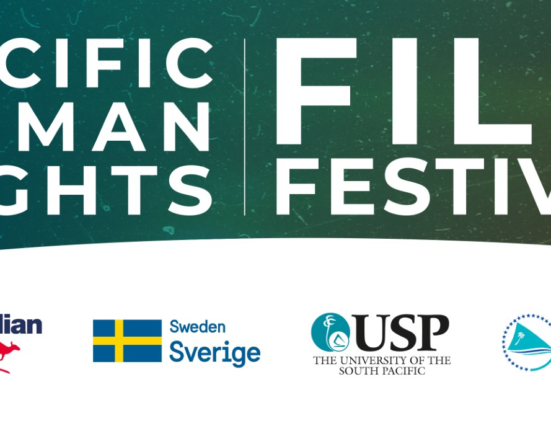We are just 48h away from the plenary vote on the proposed EU Packaging and Packaging Waste Regulation (PPWR) in the European Parliament and, if the right amendments are supported, this vote will mark an important step towards beverage packaging circularity.
Nicholas Hodac is Director General of UNESDA Soft Drinks Europe.
UNESDA Soft Drinks Europe supports the EU’s ambitions outlined in the draft PPWR proposal and calls on Members of the European Parliament (MEPs) to support our sector in delivering fully circular beverage packaging in an ambitious, yet realistic way.
Specifically, we ask MEPs to:
- Maintain the obligation for Member States to set up Deposit and Return System (DRS) for beverage packaging, with an exemption for certain Member States under well-defined conditions (Art. 44)
DRS are one of the most efficient schemes to increase collection of beverage packaging for recycling. European countries with long-established DRS (Nordics) usually report collection rates up to 95% and countries that have recently implemented DRS (Lithuania, Slovakia and Malta) already see high collection rates, going up to 90%.
Thanks to a clean stream, DRS can also promote circularity by enabling the creation of a closed-loop recycling system where food-grade recycled material can be used again in similar applications.
We therefore call on MEPs to reject amendments suggesting for DRS to be a voluntary measure rather than a binding measure: AMs 409, 426, 429, 433 and 455.
- Create a priority access right to certain feedstocks for recycling to enable closed-loop recycling whenever it makes sense (Art. 6, 43 and Annex X)
The European Parliament’s Committee on Environment rightly supported a mechanism of priority access to certain feedstocks for recycling in its report voted in October. The beverage industry together with NGOs have been calling for such a priority access as it is crucial to avoid the downcycling of food-contact packaging in non-food applications and enable closed-loop recycling whenever this makes sense from an environmental and technical perspective. It is an essential enabler to provide the sectors covered by the EU’s recycled content targets with a fair access to sufficient recycled materials to be able to meet those targets (according to EU law, the only source of supply for food-grade rPET our sector can use comes from recycled beverage bottles).
We call on MEPs to support AMs 67, 102, 266 and 341.
- Ensure the complementarity of reusable and recycling solutions thanks to a well-designed exemption from the reuse & refill targets (Art. 26)
Our sector has no doubt that reuse and refill are part of the solution and that a larger roll-out of these solutions will be necessary to achieve the EU’s climate targets. We should view reuse and refill as complementary solutions to existing well-functioning waste management and recycling systems. However, instead of blindly pushing forward, we should ensure they are only implemented where and when it makes the most sense from an environmental perspective. MEPs should therefore support the complementarity between recycling, reuse and refill in the PPWR with a flexible approach that allows beverage manufacturers to invest in the right packaging mix. How?
We call on MEPs to support AM 417 as it will offer an alternative option from the reuse and refill targets for packaging formats which achieve a very high recycling rate.
We also call on MEPs to reject amendments setting higher reuse targets than the ones proposed by the Commission or giving the possibility to Member States to go even beyond those higher targets. The reason is very clear, these are being proposed without any proper impact assessment or justification. This goes directly against the objective of the European Commission to promote harmonisation and risks fragmenting the EU single market by creating a patchwork of national targets. It would also increase the complexity of the implementation of the targets, resulting in an unworkable situation for companies, and would act as a barrier to the single market, as different targets would make it impossible to achieve a level-playing field.
- Maintain systems enabling refill in the reuse and refill targets (Art. 26)
A world where traditional returnable refillable bottles are the only system to reuse and refill is a thing of the past. Nowadays, consumers use several innovative refill solutions that respond to their new habits of drinking our beverages. These solutions, such as home soda dispensers and refill stations in stores and in the horeca industry, use little to no packaging, contributing to reduce packaging and packaging waste.
At-home and on-the-go solutions are recognised by the Ellen MacArthur Foundation as reuse models and have an important role to play in a circular economy.
We call on MEPs to support AMs 63, 458, 230 and 232 in a way to promote innovation in refill solutions and ensure ALL available reusable and refillable options are accounted for the achievement of the reuse and refill targets.
We look forward to a more realistic yet ambitious PPWR that paves the way for a circular economy in Europe. We remain engaged with MEPs to help build the right future for beverage packaging.







